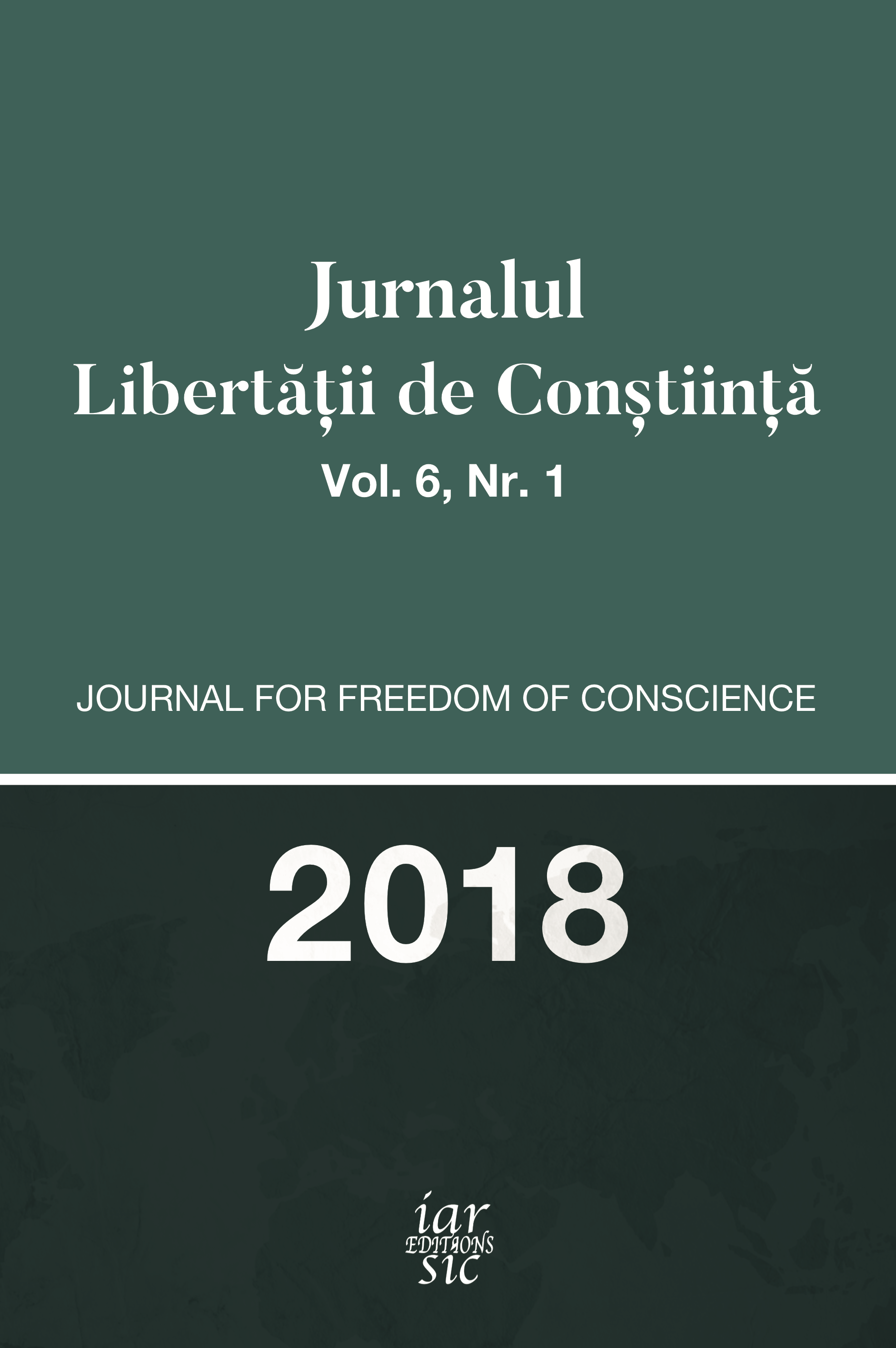TOLERANŢA CONFESIONALĂ ÎN TRANSILVANIA SEC. XVI-XVII
Confessional Tolerance in 16th- 17th Century Transylvania
Author(s): Botond Kund GudorSubject(s): History, History of ideas
Published by: Editions IARSIC
Keywords: religious tolerance; Reformation; intolerance; diet; David Francisc;
Summary/Abstract: The idea of religious tolerance represents a widely debated subject in Romanian and Hungarian historiography, especially in the Transylvanian history schools. It is a luxurious term for those who claim the exclusive paternity of the birth of the idea of tolerance. It is an ambiguous term, a real form without content for historiography which considers a discriminatory application of the idea. The genesis and development of Transylvanian tolerance have crossed a difficult historical path. It was created in the 16th century in order to realize a socio-political status quo and mainly a religious one to define the distinct political identity between Muslims and Counter-Reformation. The religious tolerance was built up slowly, influenced by the need of conciliating Transylvanian Catholicism and the Protestant religious fractions, this latter being in the process of building an identity. All this happened with the intention of achieving pacification and internal equilibrium during the period of religious Reformation, with the help of which internal and foreign politics from the Principality could manifest themselves without much turmoil. The study tries to record the political, ethical and socio-religious side of the evolution of tolerance until the end of the 17th century, approaching the genesis of the term from the perspective of the tumultuous history of Transylvanian Reformation. Its moment of highest glory was fulfilled at the Diet of Turda from 1568, that is, the establishment of religious tolerance which remains tributary in the duality of intolerance-tolerance. In accordance with this, the nobiliary religious trends allowed the development of a distinct state identity in the shadow of Islam. However, the confession which was politically dominant did not subordinate itself to the absolutism and autocracy, thus religious intolerance and social afflictions became visible.
Journal: Jurnalul Libertății de Conștiință
- Issue Year: 6/2018
- Issue No: 1
- Page Range: 306-337
- Page Count: 32
- Language: Romanian

